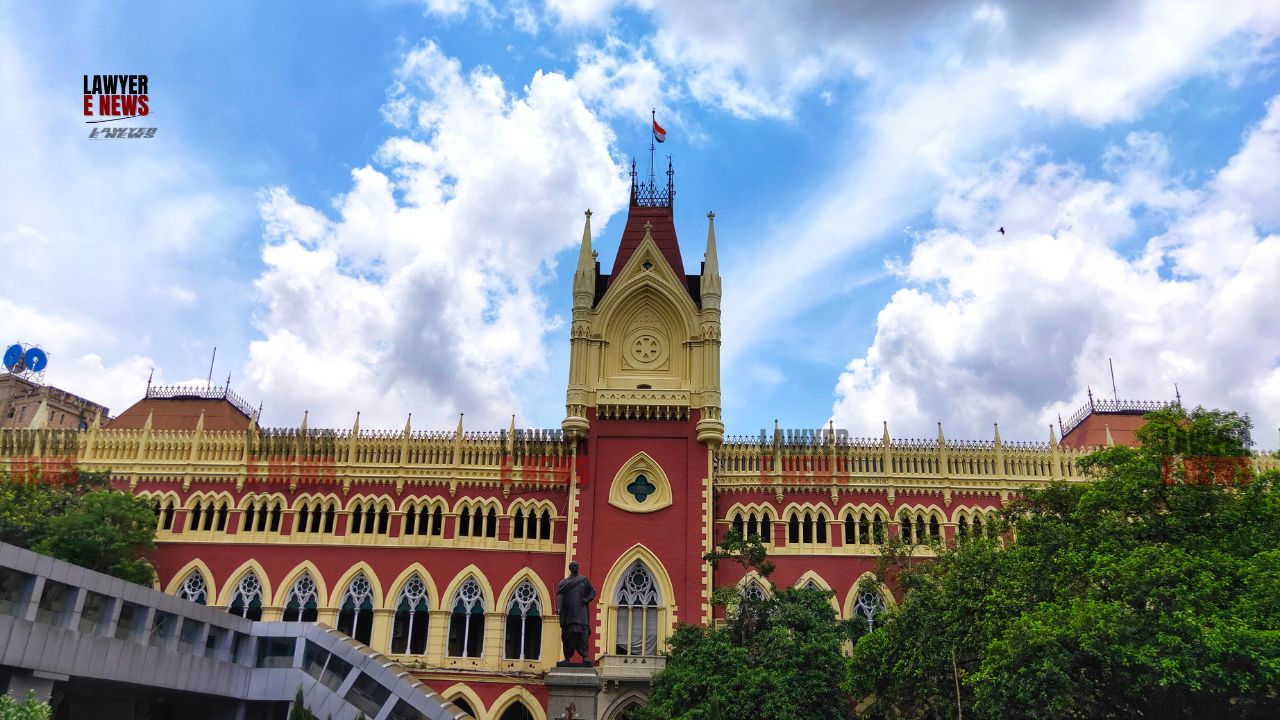-
by Admin
15 February 2026 5:35 AM



Calcutta High Court, in Arun Kumar Singhania v. The State of West Bengal & Anr., ruled against the quashing of four criminal revision petitions under the West Bengal Shops & Establishments Act, 1963. Justice Bibhas Ranjan De held that procedural defects under the CrPC, including non-compliance with Section 202 and Section 204, do not automatically invalidate proceedings unless they cause prejudice. The petitions, involving alleged violations by M/s Auto Life, were dismissed, allowing the trial to proceed on merits.
The petitioner, Arun Kumar Singhania, employer of M/s Auto Life, faced several complaints alleging violations of the West Bengal Shops & Establishments Act, 1963, and corresponding Rules. Inspections conducted by authorities in 2014 uncovered non-compliance, including the failure to display registration certificates, maintain proper records, and comply with regulatory notices. Subsequently, complaints were lodged, and the Magistrate took cognizance of the alleged offences, issuing process. Aggrieved by the proceedings, the petitioner sought to quash the cases, arguing procedural defects and improper cognizance.
Section 202 CrPC Inquiry: The petitioner contended that as he resided outside the territorial jurisdiction of the Magistrate, an inquiry under Section 202 CrPC was mandatory before process issuance. The court, citing National Bank of Oman v. Bharakara Abdul Aziz, held that the absence of an inquiry did not automatically invalidate the proceedings if no prejudice was caused, allowing the trial to continue. The court emphasized that such procedural defects could be remedied at the trial stage.
Cognizance Under Wrong Provisions: The petitioner argued that cognizance was taken under Section 21 of the Shops & Establishments Act, which was improper, as the violations pertained to other Rules. The court observed that such defects were not incurable and did not necessitate quashing the proceedings.
Section 204 CrPC – List of Witnesses and Delay in Fee Deposit: The petitioner further argued that the complaints were defective as no list of witnesses was filed, and there was a significant delay in depositing processing fees, violating Section 204 of the CrPC. The court dismissed these objections, clarifying that such irregularities, unless causing prejudice, do not warrant quashing.
Procedural Defects: The alleged defects in taking cognizance, non-compliance with Section 202, and delay in fee deposit did not invalidate the proceedings. The court held that these procedural issues could be addressed during the trial and did not render the process void.
Trial on Merits: The High Court reiterated that it is not the role of the court under Section 482 CrPC to conduct a mini-trial. Matters concerning compliance with the West Bengal Shops & Establishments Rules, such as the duties of inspectors and the adequacy of inspection, were to be evaluated during the trial.
Judicial Orders in Pre-Typed Format: The petitioner had raised concerns that the Magistrate had issued orders in a pre-typed format, violating judicial discretion. The court, while acknowledging the importance of adherence to proper judicial procedures, emphasized that such irregularities do not justify quashing unless there is a miscarriage of justice.
The Calcutta High Court dismissed all four criminal revision petitions, holding that the alleged procedural defects were curable and did not warrant quashing of the proceedings. The petitioner was granted liberty to raise these issues before the trial court, which would decide the matter strictly on merits. The court reiterated that procedural irregularities, unless causing manifest injustice, do not invalidate criminal proceedings.
Date of Decision: September 20, 2024
Arun Kumar Singhania v. The State of West Bengal & Anr.
